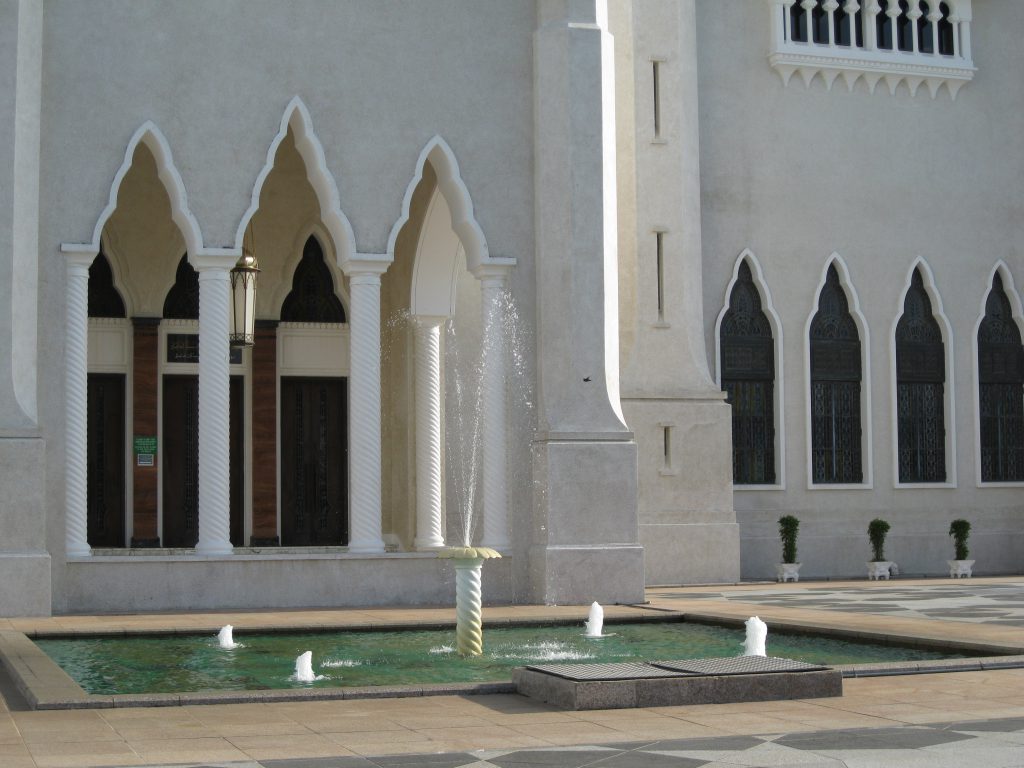In December 2020, the United States Commission on International Religious Freedom (USCIRF) released an updated factsheet regarding religious freedom conditions in Brunei, which have over the past year deteriorated. However, USCIRF does, importantly, mention that it did not recommend Brunei to be designated as a Country of Particular Concern (CPC).
Brunei’s 1959 Constitution, though affirming that Islam is the official national religion, includes provisions that asserts that “all other religions may be practiced in peace and harmony by the persons professing them.” Despite this constitutional protection, the government has a repertoire of persecuting non-Sunni Muslim “deviant” religious communities by enforcing harsh regulations. These regulations are often drafted, implemented, and enforced by the nation’s Ministry of Religious Affairs, the State Mufti Department, and the Islamic Religious Council, all of which operate on the sole principles of Islam.
Particularly concerning is the April 2019 ratification of the Syariah Penal Code Order 2013, which allows for superfluously cruel punishments according to strict Islamic interpretation. USCIRF states that “Hudud and qisas [severe punishments] are interpreted to be derived directly from the Qur’an and Sunnah, and incorporate punitive measures that can include corporal punishment, amputation, and even death, although the country has not carried out any executions since 1957.” Though it has not been clarified whether the nation’s non-Muslim citizens will be held accountable via the Syariah Penal Code, the legislation does include punishments for non-Muslims’ social interactions with Muslims.
For Muslims, the punishments stipulated by the Penal Code are harsh and, in many cases, inhumane. For homosexual relations between men and adultery, individuals can be stoned to death per the Code’s provisions. The death penalty for such charges has been protested and, in response, the Sultan announced a prohibition on the death penalty; however, the problematic provision remains in the Penal Code.
Brunei’s Penal Code also includes provisions criminalizing both blasphemy and apostasy (changing religions) with punishments such as up to 30 years prison sentences, the death sentence, and whipping. Acts of Christian evangelism are also punishable with up to five years in prison, accompanied by hefty fines. Though USCIRF was unable to find any instances of these punishments being carried out, it still holds major implications for the future of the nation’s human rights standards.
For more details about the current situation of religious freedom in Brunei, please read USCIRF’s Brunei Factsheet.
Cover image by dsapiro12 on Flickr Creative Commons, License (CC BY-NC 2.0)

